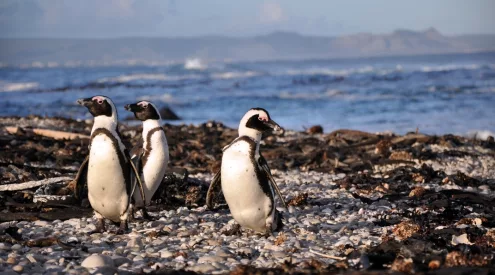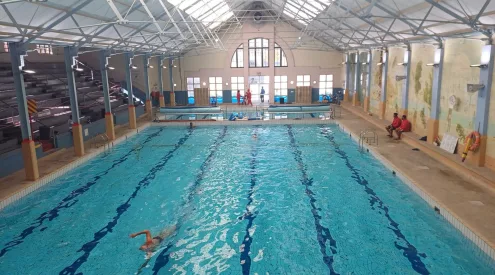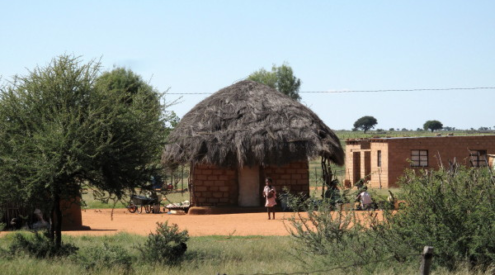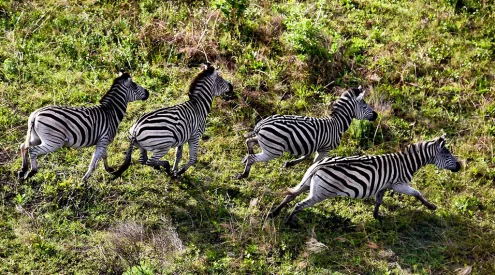FlySafair says it has decided to investigate a technical error on its aircraft following two flight diversions on 30 March and 5 April 2022.
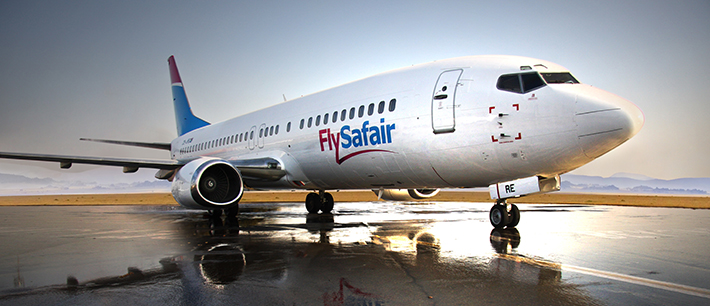
On both occasions, the same aircraft operating flight FA143 departed King Phalo Airport in East London for Cape Town International Airport and had to be diverted to Chief Dawid Stuurman International Airport in Gqeberha.
During both flights, the captain was alerted to an error from a small component on the wing after departure and followed safety protocol by landing in Gqeberha rather than continuing onto Cape Town.
During the first incident on 30 March, the technicians cycled through a round of checks and the indication was found to be a false warning. After the second alert on 5 April, FlySafair decided to ground the aircraft in question for more comprehensive checks.
Working in conjunction with the South African Civil Aviation Authority (SACAA), which supported that decision, the maintenance team at FlySafair is working to determine the root cause of the indication light to be able to release the aircraft back into service.
‘On both occasions, our flight and cabin crews stepped in to ensure the utmost safety for all passengers on board,’ says Kirby Gordon, Chief Marketing Officer at FlySafair. ‘Due to the nature of the landings, the team did not call for the brace position on either of the flights and rather assured passengers that the captain had decided to divert the aircraft to Gqeberha.’
‘It’s never ideal to divert an aircraft because it delays customers and results in a number of costs for the airline, but it’s our policy to always act conservatively when it comes to any possible safety concerns. Despite the inconvenience, we know that our customers appreciate that we are a concerned and conscientious operator that prioritises safety.’
The airline says that it regards this as a ‘top priority and an investigation into the cause of the technical issue is ongoing. No interruptions to regular services are expected.’
‘South Africa’s aviation safety record is one of the strongest in the world,’ says Gordon, ‘It’s important that we as citizens understand that both the SACAA and the operators they regulate, take these events, no matter how minor, very seriously to keep us safe in the skies.’
ALSO READ

